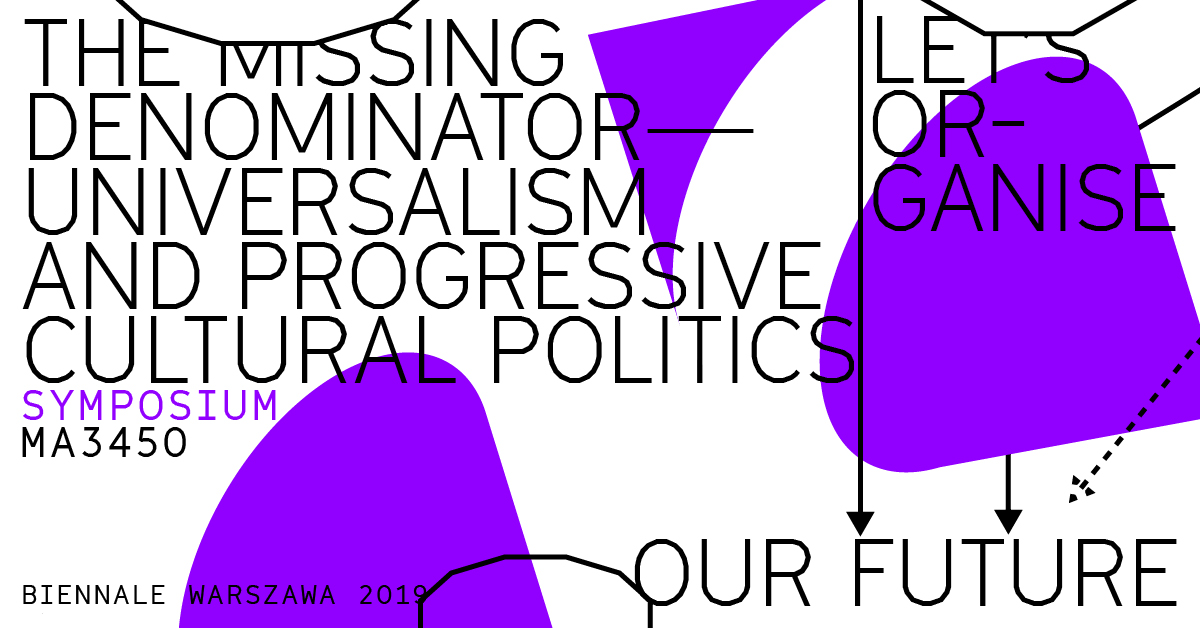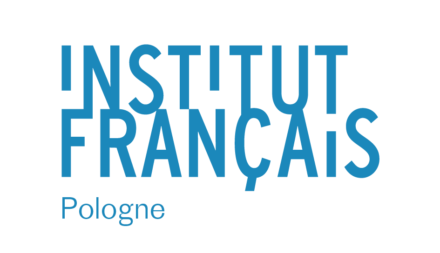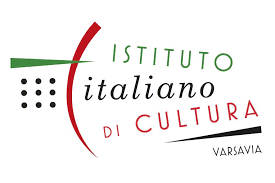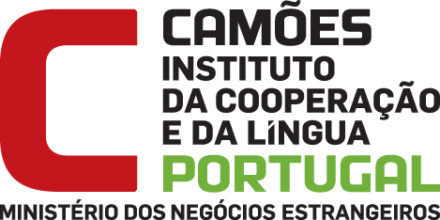The Missing Denominator – Universalism and Progressive Cultural Politics
SYMPOSIUM

Universalism seems to be one of the most ambivalent and contradictory, yet also valuable elements of European cultural legacy. On the one hand, as it was put by the French philosopher Alain Badiou, it was Christianity that established the foundation of universalism, which does not distinguish between ethnic, national or cultural identities, but rather treats every human person as equal and essentially the same, as “there is no partiality with God” (The Epistle of St. Paul to the Romans, 2, 11). On the other hand, the ideology of universalism was an important part of the colonial project and a mean of keeping the subalterns in check: white conquerors claimed the supremacy of European values and norms – religious, cultural or social – and declared them universally valid in order to force the subjected populations into obedience and destroy their ways of life. It has remained one of the prime reasons for mistrust that many societies and ethnic groups express towards the Western claims of universalism.
These predicaments surrounding universalism are far from being just a subject of investigations for historians, philosophers or sociologists. The global and thus universal nature of challenges that we are facing – such as global climate change, massive migrations, unchecked influences of financial institutions, terrorism etc. – form the foundation of some kind of new universalism of the task of utmost importance. These are the threats that humanity can successfully counter only as a unified subject. The latter requires us to establish some kind of common denominator – a universal perspective that would allow us to look beyond particular attachments to race, ethnicity, gender or nation, and to define all men and women simply as equal members of the human race. Unfortunately, no such project seems to be anywhere on the horizon. Is Europe still capable of inspiring the world in this respect? Does the European project, despite all its shortcomings, make it more likely or easier in any way?
The planned symposium will focus on the issue of universalism on three separate, but related levels. Firstly it would investigate the conditions making a new universalism possible: what needs to happen for such a universalistic project to appear and for Europe to have its place in the process? How might it be constructed, what kind of ideas, values, norms, goals or practices could serve as the constituting factors for a universal project that would overcome the heritage of oppressive Western universalism of the colonial enterprise? Secondly, it would attempt to determine what role culture could have in constituting this new universalism. Thirdly, it would enquire what part in carrying out this task could be played by public cultural institutions and progressive cultural politics.
The symposium is to be followed by a book that will be published by the end of 2019 in Polish and English.







